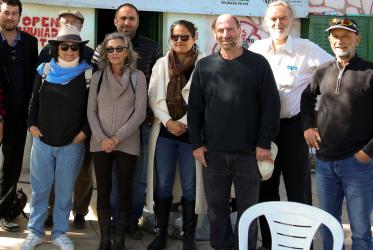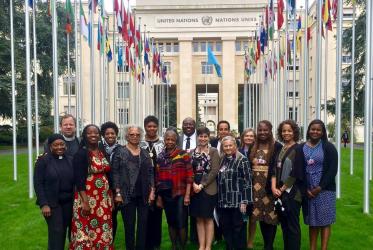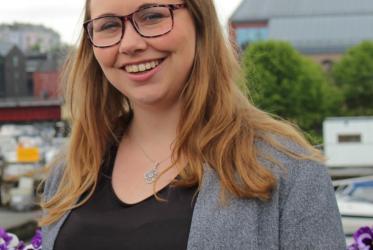Displaying 1 - 17 of 17
19 November 2020
Churches in southern Africa stand against violence, xenophobia
10 October 2019
Rabbis walk through Hebron in solidarity
07 February 2019
WCC supports UN petition from French Polynesia
07 November 2018
Konrad Raiser shares ecumenical journey of transformation
06 February 2018
“The work of truth-telling has to happen”
28 September 2017
A voice for peace from Down Under
10 July 2017
Assembly renews churches’ commitment towards justice and peace
08 November 2013









